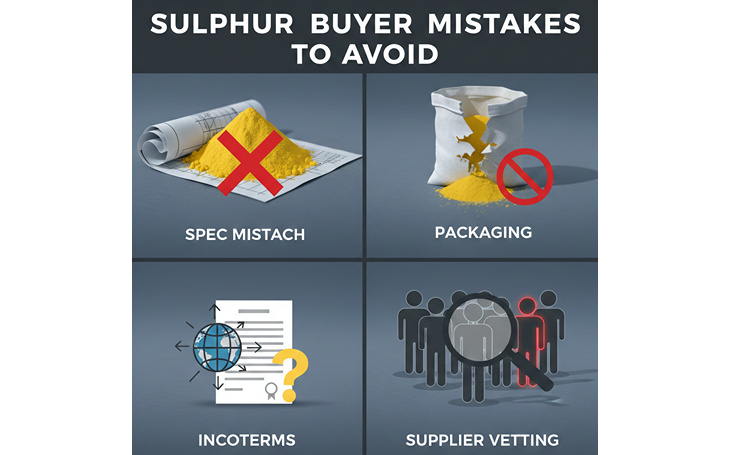2024 Guide: Understanding Management Information (MI)
- Management information (or MI) comes from multiple sources and covers everything from business operations (such as sales, customer interactions, loss and revenue over a set period, or supply chain) to financials.
MI can range from the basic to the complex. It can look both forward into the future and back over previous reporting periods.
Put simply, management information refers to all of the information relating to the activities of a business. If that sounds broad, it’s because it is.
There’s so much information generated by a business, but good management information should drive the key decisions made by business leadership.
What is the purpose of management information?
The purpose of management information is to inform and support the decision-makers of a business, allowing them to make better decisions, build more robust plans, and ultimately drive growth and efficiency.
- Monitor current performance against objectives.
- Identify trends and potential issues.
- Evaluate the effectiveness of strategies and initiatives.
- Allocate resources efficiently.
Good management information provides useful, actionable insights in a digestible format. Without strong MI, a business is flying blind.
The benefits of management information
Management information is only beneficial if used well. It will exist for any business that is active but, if not used, it has no real purpose or benefit.
Good management information, however, is extremely beneficial to a business. It allows the leaders of a business to fully understand business performance and their position within their market. It enables them to make decisions with confidence supported by data, not as a gamble.
Whether a business wants to grow its market share, launch an innovative new product or service, or expand operations overseas, good management information is essential.
What is included in management information?
There are no set standards for what is included in management information, and the MI that is gathered for use will inevitably vary between businesses.
Good management information should include the key components that drive value. The following examples are not exhaustive but should give you an idea of how the focal points can vary.
- Financial information such as profit and loss reports, balance sheets, cash flows, and KPIs (financial and non-financial).
- For an eCommerce business, the focus may be on online sales figures and revenue, advertising costs, web analytics, bounce rates, basket abandonments, and general user experience data. These are all essential for maximising performance.
- For a telesales company, the focus of management information may be on call volumes, success rates, time management, and even qualitative feedback on customer experience over the phone.
- For a SaaS (Software as a Service) company, the focus of the information may be on how your clients interact with your software for driving improvements, as are subscription renewal rates, the technical performance of your software itself, and digital support, maintenance, and hosting costs.
Who uses management information within an organisation?
MI is widely utilised at various levels within an organization. Team leaders leverage it to monitor departmental performance, while senior management uses it to assess the overall health and direction of the business.
What management information systems (MIS) should I use?
A management information system (MIS) is a tool that allows you to tidy up and make sense of the data your business generates.
A good MIS can be fully integrated with the various systems that gather your business data, such as your CRM, web analytics platform, inventory management platform, or sales management platform. It brings all of this information together in one place, lets you filter out irrelevant data, and views essential management information in a digestible, user-friendly format.
At Shorts, we recommend the Xerox accounting platform as an accounting management information system. In addition to being a fully integrated accounts system, Xerox users can access over 1000 useful business add-ons, helping you make day-to-day efficiencies, link operations, and improve reporting overall.
Then you can use an addon (such as Fathom or Power BI) to bring in data from Xerox for the financials, as well as data or KPIs from other pieces of software that are used in the business. You can then create auto-generated graphs and other visual aids from the data.
What is "good" management information?
Good, or effective, management information, is:
- Relevant: focused on information pertinent to specific decision-making needs.
- Accurate: Based on reliable and trustworthy data sources.
- Timely: Delivered promptly enough to influence ongoing operations.
- Easy to understand: Presented in a clear and concise format for efficient analysis.
- Actionable: providing insights that can be translated into concrete actions.
How can businesses ensure the quality of their MI?
Maintaining data quality is crucial for effective MI. Organizations can achieve this by:
- Implementing robust data collection and validation procedures.
- Regularly checking for data accuracy and consistency.
- Establishing clear data ownership and accountability.
Get started today
Data is becoming more and more important to businesses, but the volume of data that is available is also growing considerably.
The best business leaders use good management information to cut through the noise and paint a clear picture of what is going on, what opportunities are available, and what the biggest challenges are.
The Genus team at Shorts are a specialist in transforming management information into real, actionable insights to help you make better decisions and respond quickly to new challenges and opportunities. Get in touch today for a free consultation.





